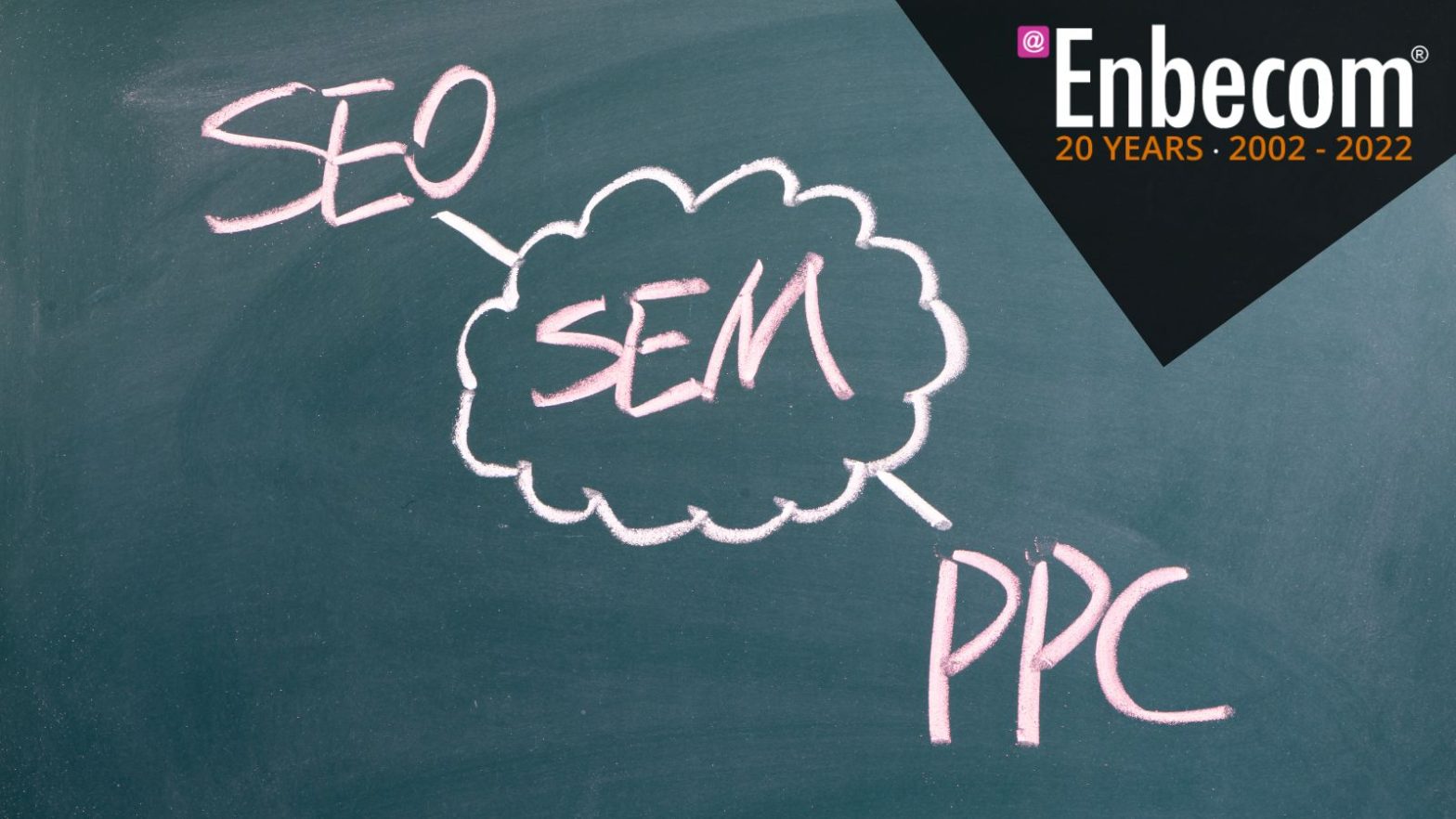In order to grow your business online, you may be wondering whether you should invest your time and money into Pay-Per-Click Advertising (PPC) or Search Engine Optimisation (SEO).
Both have their positives and negatives, but is one better than the other?
Admittedly there are lots of opinions on this – and very few are particularly “wrong”. It can be quite subjective, so do take what you read below as just one view.
Let’s look at both.
Is PPC Better?
PPC, or Pay-Per-Click Advertising, is a technique that allows you to advertise in search engines, bringing immediate, targeted traffic to your website.
Pros of PPC:
- Potentially quick results. Unlike SEO, where you may have to wait months to see results, it is possible, albeit not guaranteed, to start getting substantial traffic to your website within a few hours using an effective PPC campaign.
- You can accurately target different demographics. When you use PPC, you will be able to target different types of people. For example, if you want to target a woman in her 30s who lives in the UK and is interested in cooking, you can target her with your ads. SEO does not give you this option.
- You can experiment quickly and easily. With PPC, you can set up a campaign and run A/B tests so that you can monitor what works and what doesn’t very quickly. SEO is a slower process, so it will take time to come to any conclusion regarding the success of an SEO technique.
Negatives of PPC:
- It can be expensive. If you are in a competitive niche, PPC can be expensive and your return on investment (ROI) may be low while you are figuring out which ads work and which don’t.
- Ads can become less effective. Using the same ads with every campaign will result in them becoming stale and less effective. To combat this, mix up the copy and images and refresh the ads to keep them working long-term.
Is SEO better?
SEO, or Search Engine Optimisation, is the process whereby you optimise a website to appear as high in the search engine results as possible.
A massive part of this process is figuring out what the search engines want and then optimising your web pages accordingly.
Pros of SEO:
- Organic traffic has staying power. Once you’re able to get your website to rank highly in the search engines, chances are good that you’ll be able to generate consistent traffic.
- SEO is often a less expensive option than PPC. When you compare the two traffic sources, SEO comes out the winner of the two when looking at traffic generated, as long as you’re looking at the traffic that comes once you’ve attained high rankings in the search engines.
Negatives of SEO:
- SEO takes time. It can take many months for your hard work to show any rewards. If you don’t have the time to wait for your website and content to rank, then SEO may not be the best option for you.
- You need unique and quality content. When it comes to content, people want to read the best content available. This can be a lot of work and will require research and a creative mind. If you don’t have these skills yourself, then it will benefit you to hire an expert.
Which is Better for You?
When it comes to determining whether PPC or SEO is better for your business, the answer would be that it depends. (Sorry!)
Both are legitimate sources of traffic.
If you want quicker results, then PPC will be the better option, because SEO will take time to work.
For those with a smaller budget, SEO will be the better option, as paid ads can be expensive, especially if you don’t have experience with them.
You may want to use both PPC and SEO in tandem. When using them together, you can seriously ramp up the amount of traffic that you can get to your website.
Want to get into PPC or SEO… or both?
We can help – as little or as much as you need. From our suite of SEO reports and information to help you take action on your website, to our support in developing and managing PPC campaigns, we could help you take your business where you want it to go – or even beyond that. Please get in touch to find out more.

